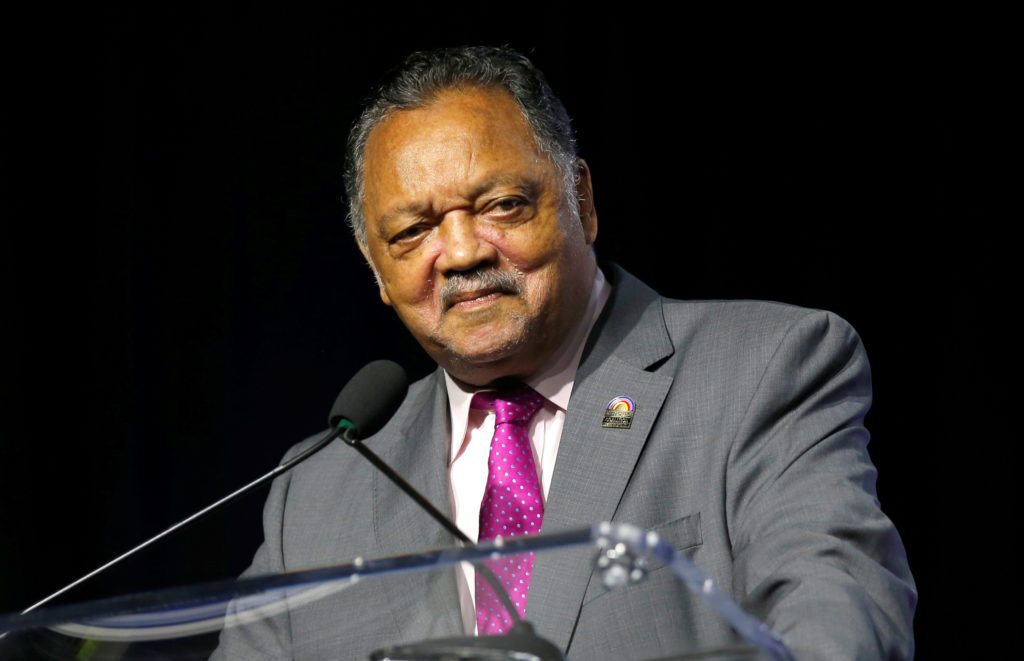By Wenefred Odunze
Following the resounding success of the September 18, 2024, Social Media Summit in Abuja , Lagos is set to host another groundbreaking edition at the MUSON Centre. This highly anticipated event is once again positioned to address critical issues in Nigeria’s digital landscape, bringing together political leaders, industry experts, and key stakeholders to create actionable strategies for a sustainable and innovative digital future.
A Legacy of Impact
The last summit, held in September, left a lasting impression on attendees and the nation alike. Key moments included:
Senator Shehu Sani highlighting the vital role of social media in exposing political abuses, holding leaders accountable, and combating fake news.
The EFCC Chairman Ola Olukoyede, addressing the rising concerns of cybercrime and presenting actionable solutions for improving cybersecurity.
The Inspector General of Police, IGP Kayode Egbetokun, emphasizing legal frameworks for holding individuals and platforms accountable for violations.
Shehu Musa Gabam, Chairman of the SDP, advocating for a healthy and balanced social media environment where free speech thrives but fake news is eradicated.
These discussions underscored the indispensable role of social media in Nigeria’s national growth and development, setting the tone for the upcoming summit.
Physical Office Bill
At the heart of the upcoming summit is Senator Ned Nwoko’s Social Media Physical Office Bill, which recently passed its first reading. The bill aims to mandate physical offices for social media companies operating in Nigeria to:
Enhance data security and compliance with local laws.
Combat the spread of fake news and misinformation.
Create new economic opportunities and jobs.
Ensure greater accountability for platform activities.
Esteemed Speakers and Stakeholders
The summit will feature an impressive lineup of national leaders and industry trailblazers, including:
Senate President His Excellency Godswill Akpabio – heading the National Assembly delegation.
Governor Babajide Sanwo-Olu – host of the summit.
Governor Prince Dapo Abiodun of Ogun State.
Governor Ademola Adeleke of Osun State.
Dele Momodu – media mogul and political commentator.
Allen Onyema – CEO of Air Peace.
Chief Coordinating Officer Kunle, spearheading summit coordination.
Together, these thought leaders will engage in critical conversations about the intersection of social media, governance, and economic growth.
This is more than just a gathering—it’s a movement to shape Nigeria’s digital economy and policy framework.
Join this pivotal dialogue as Nigeria’s leaders and innovators come together to shape the future of digital communication, governance, and accountability.
Wenefred Odunze, writing from Abuja

 Boss Of The Week5 days ago
Boss Of The Week5 days ago
 The Oracle6 days ago
The Oracle6 days ago
 Opinion5 days ago
Opinion5 days ago
 Middle East5 days ago
Middle East5 days ago
 National5 days ago
National5 days ago
 Middle East4 days ago
Middle East4 days ago
 Boss Picks5 days ago
Boss Picks5 days ago
 News2 days ago
News2 days ago













